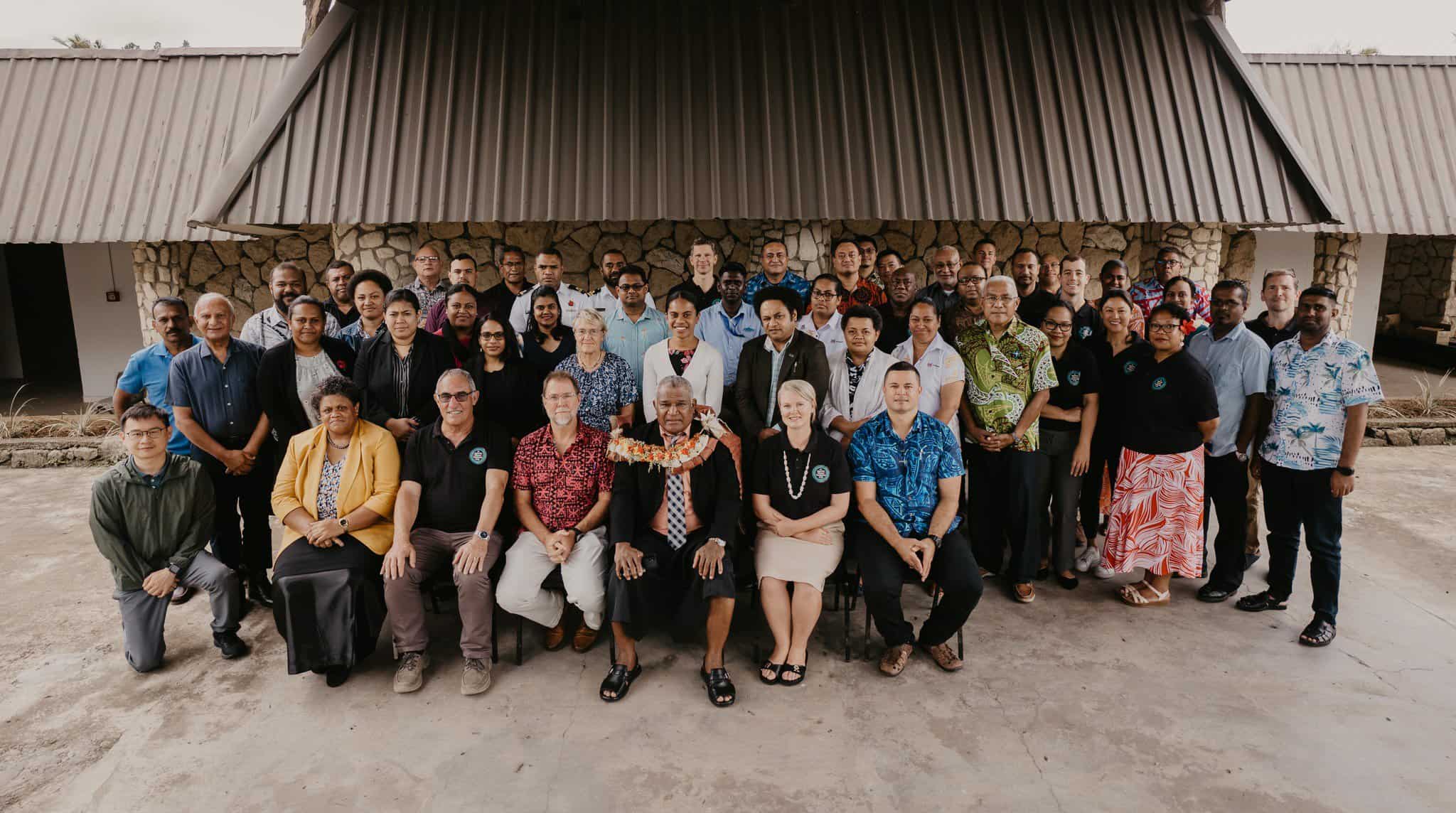Fiji is taking a firm stance in the global battle against illegal, unreported, and unregulated (IUU) fishing placing transparency at the forefront of their mission.
The enormity of IUU fishing in Pacific tuna fisheries is alarming, with an estimated value of US$333.49 million annually from 2017 to 2019, as per a report by the Pacific Islands Forum Fisheries Agency (FFA).
A recent workshop in Suva, organised by the World Wide Fund for Nature in Fiji (WWF-Fiji) in partnership with the Ministry of Fisheries, convened global fisheries experts, government officials, and industry stakeholders to address challenges and solutions in Fiji’s fisheries transparency.
At this session, Fiji’s Minister for Fisheries, Honourable Kalaveti Vodo, emphasised the need for innovative solutions, striking a balance between economic development and marine ecosystem protection.
“Balancing the urgent need for economic development with the imperative to conserve and protect our marine ecosystems is a formidable task. It is a challenge that requires innovation, collaboration, and, most importantly, transparency,” said Hon. Vodo.
Transparency is a tool, stressed Damian Johnson of the International Monitoring Control & Surveillance Network.
“It’s essential to consider transparency as a tool rather than an end in itself. We need to be aware of the quality of information being shared and the potential unintended consequences of sharing poor quality data,” emphasised Johnson.
Fiji grapples with challenges, including a lack of technology and platforms for data sharing. Collaborative efforts between the government, industry, non-government organisations, and coastal communities aim to boost levels of transparency.
Senior Fisheries Officer at Fiji’s Ministry of Fisheries, Meli Raicebe said, “This includes satellite tracking systems, vessel monitoring systems (VMS), and Electronic Monitoring Systems (EMS) for tracking and monitoring fishing vessels.
“We try and target niche markets. So when you take that niche market into account, it’s not driven by how much fish you could export, but the quality of fish and the story behind it. So sustainable transparency within the supply chain would enable us to track the origin of the fish, and the legality and the sustainability of the fish,” explained Raicebe.
Under Fiji’s fisheries laws, the Ministry of Fisheries is empowered to collect and publish various data points, but the public availability of this information varies.
James Sloan, a lawyer who has been reviewing Fiji’s fisheries legislation on fisheries transparency and data sharing as part of the WWF’s improving fisheries transparency project, questioned the confidentiality and emphasised a consultative process for any changes of certain information.
International collaboration is key to combatting IUU fishing, stressed the Director of Fisheries Operations Division at the Forum Fisheries Agency (FFA), Allan Rahari.
“Cooperation works. We’ve been in this space for the past 44 years, and cooperation has been the cornerstone of our work and has been very successful. It has impacted on the nature and the scale of IUU fishing.”
The workshop ended with acknowledgement of the significance of technology and its potential to enhance transparency within the offshore fishing industry, and agreement to work together and consult with all parties involved in the sector to improve transparency.
The 3-year Improving Fisheries Transparency in Fiji Project is funded by the Oceans 5 Initiative through the WWF-USA office and implemented by WWF-Fiji.
Further stakeholder consultations are planned to create awareness and to address Fiji’s fisheries transparency needs, priorities and commitments as it continues to develop and manage its offshore fisheries sector sustainably.
The call to action is clear – it’s time for international collaboration and a united effort to combat IUU fishing. Together, we can protect our oceans, preserve marine ecosystems, and ensure the sustainability of our fish products.

